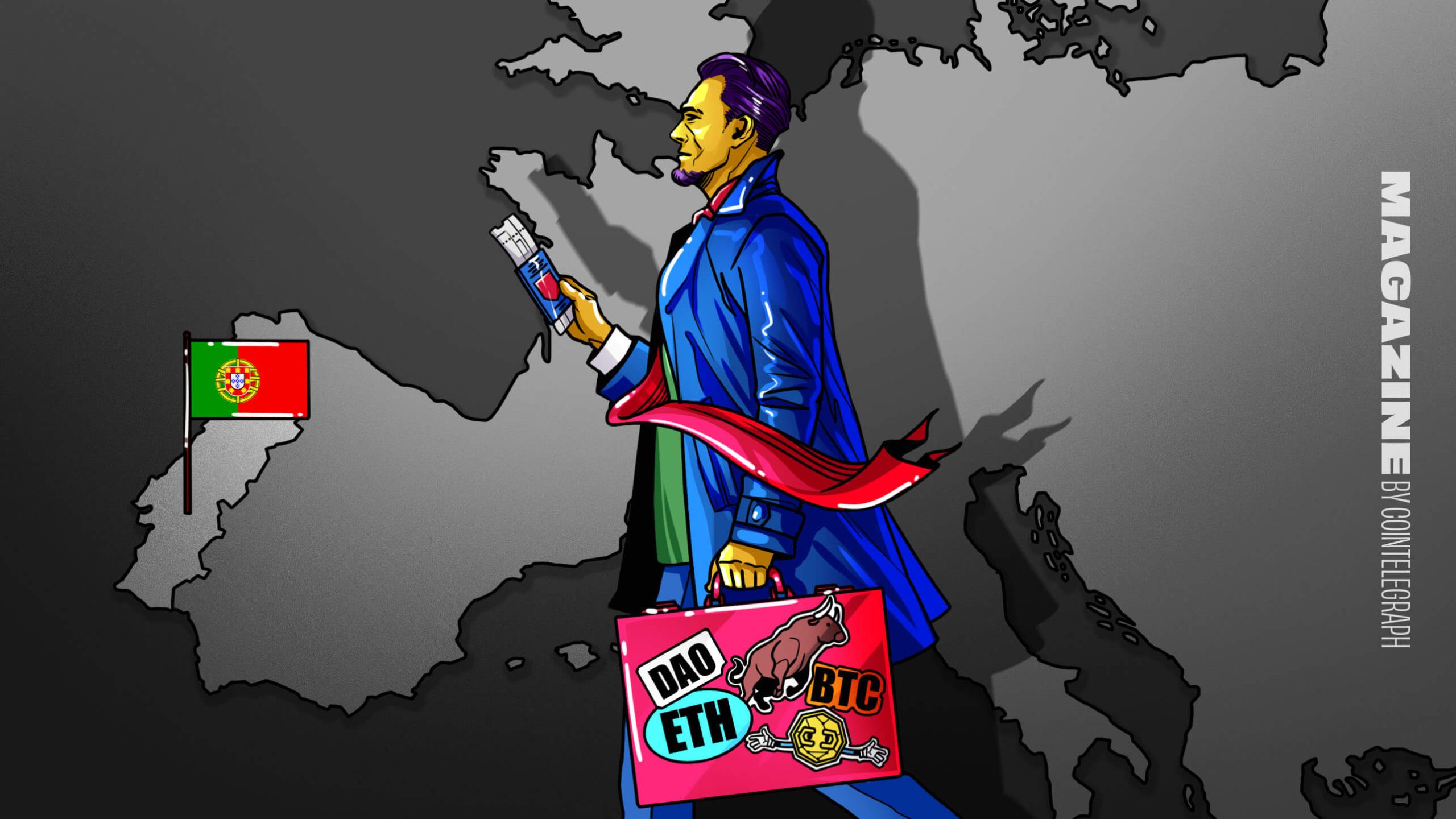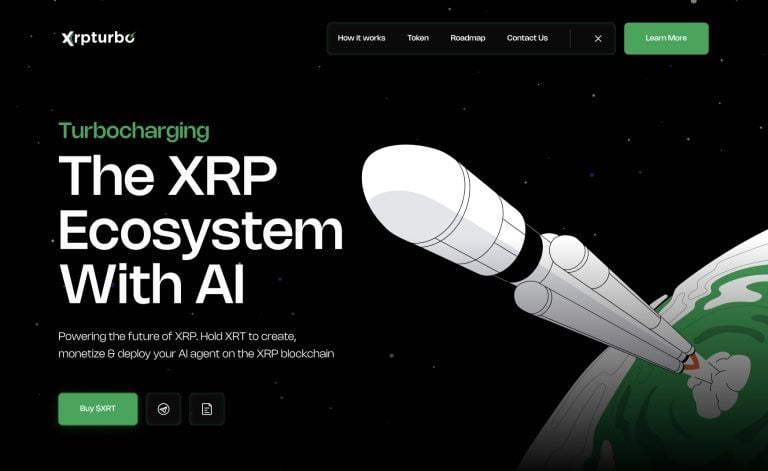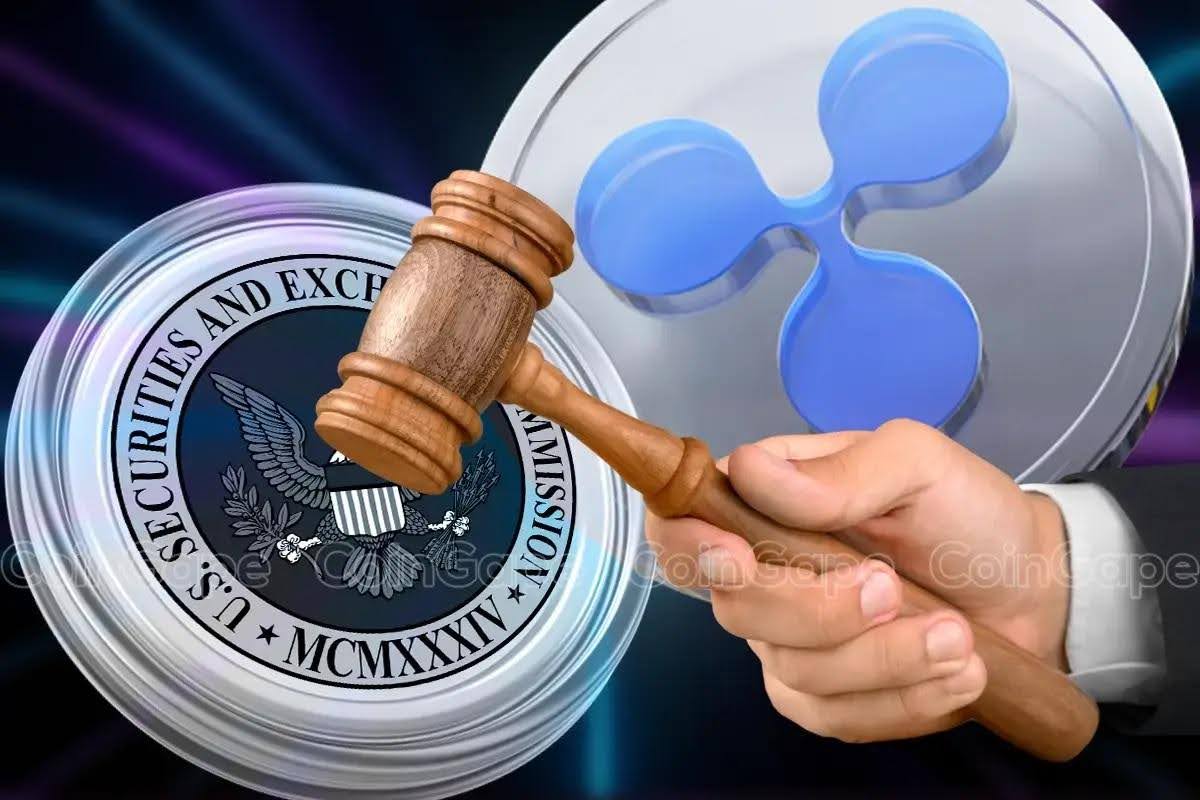
PayPal has launched its own stablecoin, dubbed PayPal USD (PYUSD). The coin is only available to American customers.
PYUSD is set to face some hurdles
While the PayPal USD stablecoin has the potential to compete with other established stablecoins, it will need to overcome some hurdles.
The unveiling of the PayPal USD stablecoin marks the entry of a major regulated financial entity into the crypto space, which could give the cryptocurrency industry the much-needed legitimacy it has been seeking. As such, PYUSD stablecoin is expected to find favor among crypto enthusiasts as looming regulations roil the crypto market and cause uncertainty.
However, PYUSD is also set to face some challenges. For instance, its availability to only American users could constrain its growth. Additionally, some users may be wary of the centralized nature of the cryptocurrency and the presence of a security feature within the PYUSD system that permits asset freezing. There are also privacy concerns among users who value their private information.
Furthermore, the coin was launched at a time when there is an ongoing debate in Congress regarding the establishment of a federal regulatory framework for stablecoins. As such, the coin, as well as other stablecoins in the market, could face new regulations that could make it more difficult for them to enter new markets.
Competition looms for PYUSD stablecoin in a dynamic market
As a new entrant in the stablecoin market, the PayPal USD stablecoin is set to encounter varying degrees of competition from already established players.
The domains in which PayPal USD will be vying for supremacy include market reach, brand authority and regulatory compliance. While Tether (USDT), USD Coin (USDC) and BUSD have large market capitalizations reaching billions, PayPal USD is poised to rapidly expand its market capitalization by capitalizing on its huge user base.
In terms of accessibility, PayPal USD is yet to be listed on major exchanges. Listing PayPal USD on platforms such as Coinbase, Binance and Kraken would allow users outside the PayPal ecosystem to conveniently acquire the cryptocurrency.
When it comes to brand recognition, PayPal is a widely recognized and trusted name, which gives PayPal USD a significant competitive edge. However, stablecoins USDC, USDT and BUSD have an extensive track record and have solidified their standing as dependable stablecoins.
When considering regulatory compliance, PayPal USD has a leg up on other stablecoins, such as USDT, which are not yet subject to any government oversight. This could give PayPal USD a significant advantage in the long run, as regulators in major jurisdictions, such as the U.S., increasingly crack down on the stablecoin market and impose restrictions on their use.
The PYUSD stablecoin stands out from other stablecoins because Paxos, the company that issues it, is subject to the regulatory oversight of the NYDFS. This means that in the event of a Paxos bankruptcy, the NYDFS would step in to ensure that investors get their funds back. This gives PYUSD a significant advantage over other stablecoins, which are not subject to the same level of regulatory scrutiny.
Why is PayPal unveiling its own cryptocurrency?
By unveiling its stablecoin, PayPal is attempting to claim a share of the growing cryptocurrency market.
The company says that PYUSD will be able to support quick fund transfers for various purposes, such as remittances. PayPal has also indicated that the new cryptocurrency will be compatible with Web3 environments and will eventually be available on Venmo.
The move to support Web3 seems to be a strategic one for PayPal as Web3 is widely hailed as the next generation of the internet. With Web3 frameworks being built atop blockchain technology, cryptocurrencies are set to play a crucial role in facilitating transactions within these ecosystems.
In Web3 environments, users will have more control over their data, interactions and digital identity. Cryptocurrencies will help to shape the way people transact and support online platforms and creators.
They will do this by enabling secure and direct peer-to-peer transactions in Web3, thereby eliminating the need for intermediaries, such as banks or payment processors. This will translate to faster, more efficient and more cost-effective transactions and higher earnings for creators.
By announcing its intention to support Web3, PayPal seems to be setting itself up to be a major player in the next generation of the internet by allowing PYUSD to be used for payments and transfers in virtual settings.
Notably, PayPal USD is an ERC-20 token. This implies that it will be available to a growing community of external developers and supported by many Web3 applications in the future, especially those built on the Ethereum blockchain.
PayPal’s decision to make its own stablecoin is seen as a natural progression for the company. This is because the company has been gradually expanding its cryptocurrency offerings in recent years. The launch of PayPal USD is a significant step forward.
Currently, PayPal USD is issued and managed by Paxos Trust Company, a regulated blockchain infrastructure firm that is subject to the oversight of the New York State Department of Financial Services (NYDFS), meaning that PayPal USD is a regulated product.
Paxos previously issued Binance USD (BUSD) but stopped due to pressure from the U.S. Securities and Exchange Commission and the NYDFS after it was alleged that the stablecoin was an unregistered security.
In June 2022, PayPal was granted a BitLicense by the NYDFS. A BitLicense is a permit that allows businesses to engage in cryptocurrency-related activities in the state of New York. PayPal’s BitLicense permits the firm to provide cryptocurrency services to customers in the state of New York.
Starting in September 2023, Paxos will begin publishing a monthly Reserve Report for PYUSD that will openly detail the components that make up the stablecoin’s reserves. Additionally, Paxos will provide a third-party validation of PayPal USD’s reserve holdings. This verification will be executed by an impartial accounting firm unrelated to the parties involved in accordance with the standards defined by the American Institute of Certified Public Accountants.
PayPal USD (PYUSD), explained
Going by the company’s communique, PayPal USD is designed for people who wish to avoid the volatility of other cryptocurrencies.
PayPal is rolling out its own stablecoin, called PayPal USD (PYUSD). Per the announcement, the primary purpose of the PayPal stablecoin will be to make virtual payments frictionless, especially within blockchain ecosystems. The stablecoin, which is currently only available to eligible PayPal customers in the United States, has a few distinctive features, including being exchangeable for fiat currency on the PayPal platform through a simple conversion process.
In essence, PayPal USD is a stablecoin whose value is equal to the value of its pegged asset — i.e., the U.S. dollar. A stablecoin is a type of cryptocurrency that is pegged to a fiat currency. According to PayPal, PYUSD is fully backed (collaterized) by USD deposits, short-term U.S. treasuries and similar cash equivalents.
This ensures that the PYUSD pegging mechanism maintains the USD value, even when other cryptocurrencies and the wider market fluctuates. The reserves serve as a guarantee to users that they will be able to redeem their stablecoins for the underlying assets if an unforeseen event causes the stablecoin to depeg from the correlated fiat currency.
For those who wish to obtain PYUSD, PayPal says that the stablecoin can be bought and sold through the company’s app or on its official website. As highlighted by PayPal, users of the cryptocurrency can pay for online purchases using PYUSD at online stores that support PayPal USD transactions. This means that the cryptocurrency is likely to be embraced by the consumer payment sector. The coins can also be transferred to cryptocurrency wallets that support PYUSD, such as the Coinbase Wallet and MetaMask.

Additionally, PayPal clients in the U.S. can use the digital currency to buy other cryptocurrencies that PayPal supports, such as Bitcoin (BTC), Bitcoin Cash (BCH), Ether (ETH) and Litecoin (LTC).
For users who desire to send PYUSD funds to other PayPal users, there are no fees. However, there are applicable charges when converting between PYUSD and other cryptocurrencies and when carrying out online purchases and withdrawals. The company says that the fees will be disclosed to users when trading the crypto on the platform or checking out.

You can get bonuses upto $100 FREE BONUS when you:
💰 Install these recommended apps:
💲 SocialGood - 100% Crypto Back on Everyday Shopping
💲 xPortal - The DeFi For The Next Billion
💲 CryptoTab Browser - Lightweight, fast, and ready to mine!
💰 Register on these recommended exchanges:
🟡 Binance🟡 Bitfinex🟡 Bitmart🟡 Bittrex🟡 Bitget
🟡 CoinEx🟡 Crypto.com🟡 Gate.io🟡 Huobi🟡 Kucoin.




















Comments